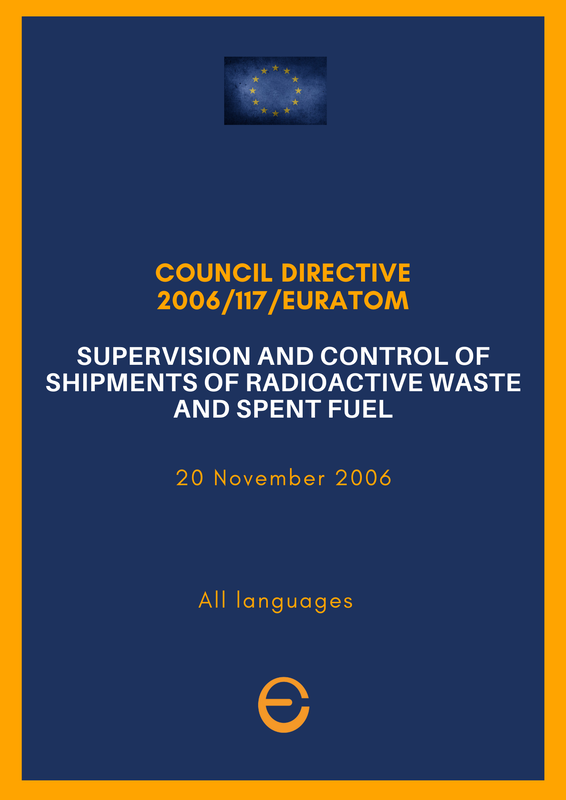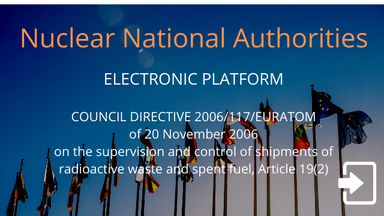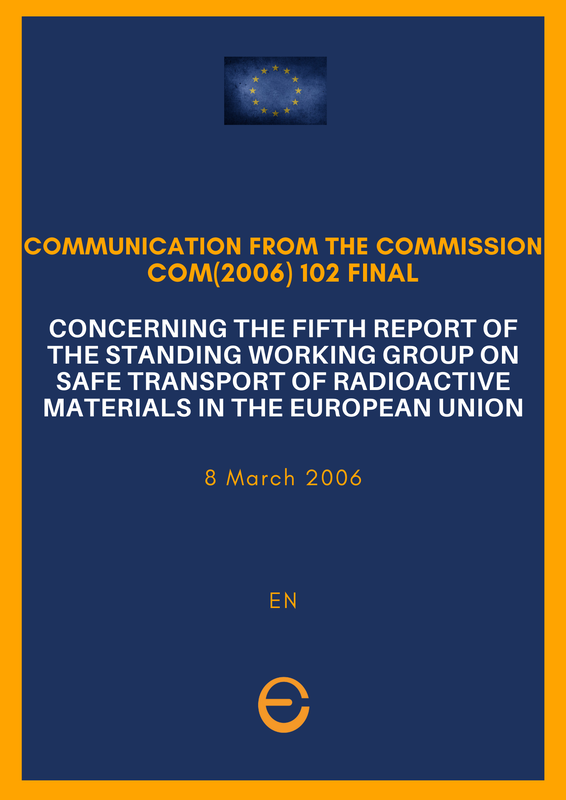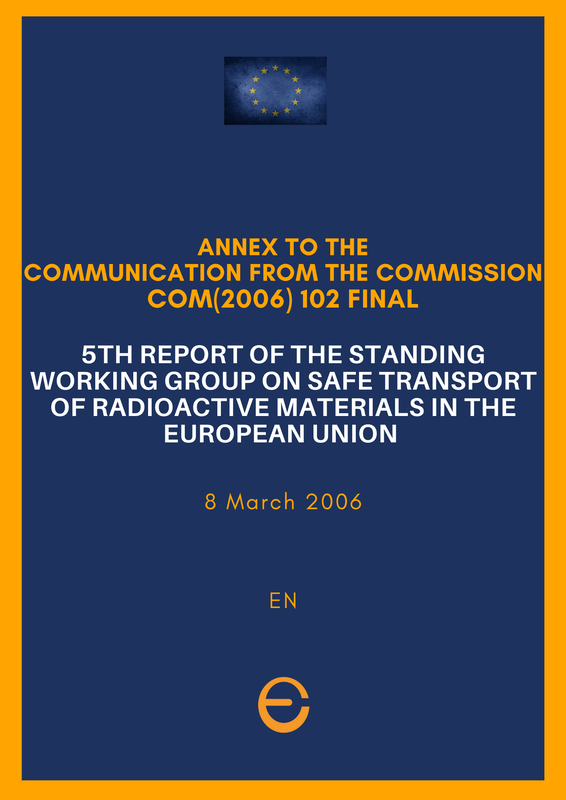Transport of radioactive material
Each EU member country produces radioactive waste, both over the life cycle of nuclear fuel, and for the use of radioisotopes in medicine, agriculture, industry, research and for educational purposes.
Therefore, their transport must also be subjected to very strict controls and respecting a series of rules to avoid release into the environment.
The EU has established rules and regulations that every member country must respect.
Shipment of radioactive waste and spent fuel
|
Radioactive waste can be in gaseous, liquid or solid form and is classified as waste because it will no longer be used, both in the country of origin and in the country of destination. When radioactive waste is transported from one country to another, therefore it leaves the jurisdiction of the individual countries, it is subjected to controls and legislative provisions which must be recognized by both countries. The EU's Directive on Shipments of Radioactive Waste and Spent Fuel (2006/117/Euratom) establishes a system of prior authorisation for such shipments in Europe. The directive:
Reports on the implementation of the Directive:
|
|
To help and advice the European Commission on the transport of radioactive materials, a standing working group of national experts was set up in 1982. This group on safe transport of radioactive materials in the EU exchanges information on the application of regulations concerning the transport of radioactive materials worldwide and makes proposals to the Commission. The Commission Communication (COM(2006)102 final) (see on the side) introduced the fitth report from the group (see below), which recommended the implementation of a new radioactive waste transport safety programme covering six main areas:
Competent national authoritiesClick on the link below to find out the competent National Authorities on supervision and control of shipment of radioactive waste and spent fuel. |






